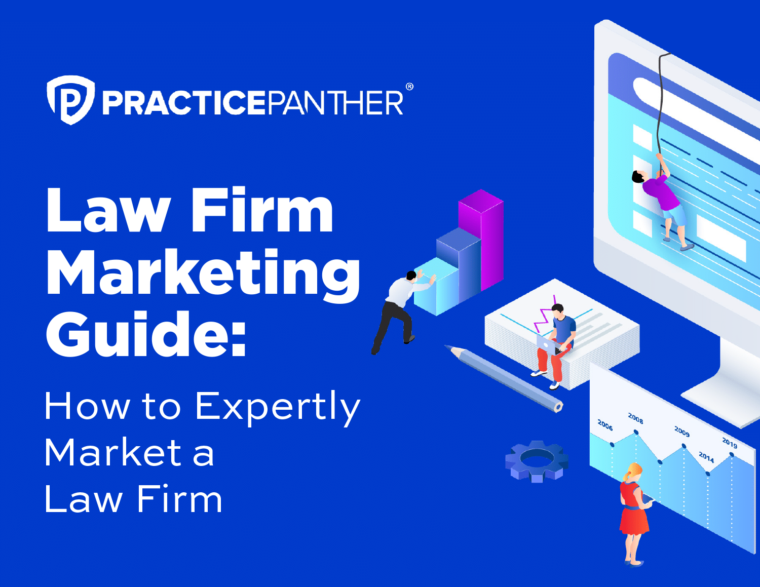In the days before the Internet, the overhead costs for a solo lawyer starting their own practice were pretty daunting. Some of the costs such as building rental, hiring staff, and buying office equipment would require a new lawyer to take out thousands of dollars in loans. The first year or two of any new practice would be stressful for an attorney based only on the need to pay those initial overhead costs.
However, in the Internet age, there is now such a thing called the virtual law firm that lowers overhead costs and makes things easier on clients and attorneys. While some lawyers avoid calling their law firms virtual and prefer the term cloud-based law firm, the point is still to save the lawyer or firm money by not requiring a brick and mortar location to do business.
Virtual Law For The Lawyer Or The Client?
While a virtual law firm can benefit the client and attorney, there are actually two types of firms that have been created that call themselves virtual, or cloud-based firms. Some virtual firms do everything over the Internet including client interaction, while other firms use the term virtual to describe their portability and use of the cloud to allow attorneys to access critical documents while out in the field.
Some attorneys are not convinced that the cloud offers enough security to allow truly secure interactions with clients. These attorneys use the idea of a virtual office to be able to access important documents on their phones and laptops, while still performing client meetings face-to-face.
Approximately seven percent of attorneys refer to their practices as being virtual, but only 35 percent of those attorneys think that virtual means using the Internet to interact with clients. Based on what lawyers think, a virtual law firm is any firm that uses cloud-based storage to any degree. It is interesting to note that less than half of all lawyers consider interacting with clients over their virtual connections.
Unbundling Services
One out of every four attorneys considers the ability to unbundle services to be a big benefit of having a virtual office. Unbundling services means allowing clients to review and fill out one single form instead of the usual bundle that goes with a legal action. This is especially helpful in family law where having to file the same bundle of papers over and over again can get time consuming. With a virtual office, clients only have to fill out the form that specifically applies to their action and the attorney can fill in the rest with the forms on file.
Catering to the Virtual Law Firm Crowd
Until recently, the ability of smaller law firms to use virtual office services was limited. The biggest obstacle was the huge costs of creating truly secure portals for communicating with clients. While small firms can use apps and online services with security features that meet the American Bar Association’s standards, getting truly secure connections through Skype or other widely available services was difficult.
But virtual law firm software developers have answered the call and are including secure portals with their software suites. Now solo lawyers can start virtual law firms that include client communication portals that meet ABA standards, and that has changed the industry completely. Even large law firms are starting to take advantage of the dropping prices for secure client portals and are starting to add more virtual services to their client options.
While the popularity of virtual collaboration tools is growing in the legal field, the growth in actual virtual law firms is stagnant. Most attorneys still question the security level of cloud-based storage, and many larger firms that are used to having hackers attempt to access their files are not comfortable with the idea of going virtual.
However, as the virtual law firm tools continue to develop, clients can expect more small firms to go virtual. With the right virtual law firm software, a solo lawyer can subscribe to other virtual online legal services such as virtual receptionists and virtual administrative help and start a firm from their homes. While it is still slow in being adopted by the majority of attorneys, it looks like virtual law firms are the wave of the future.
Author Bio:
Laurence Banville. Esq is the managing partner and face of Banville Law. Laurence is licensed to practice law in the state of New York. Originally from Ireland, Banville moved to the United States of America where he worked at law firms, refining his litigation and brief writing crafts. He is also the recipient of the Irish Legal 100 and the Top 40 Under 40 awards.




